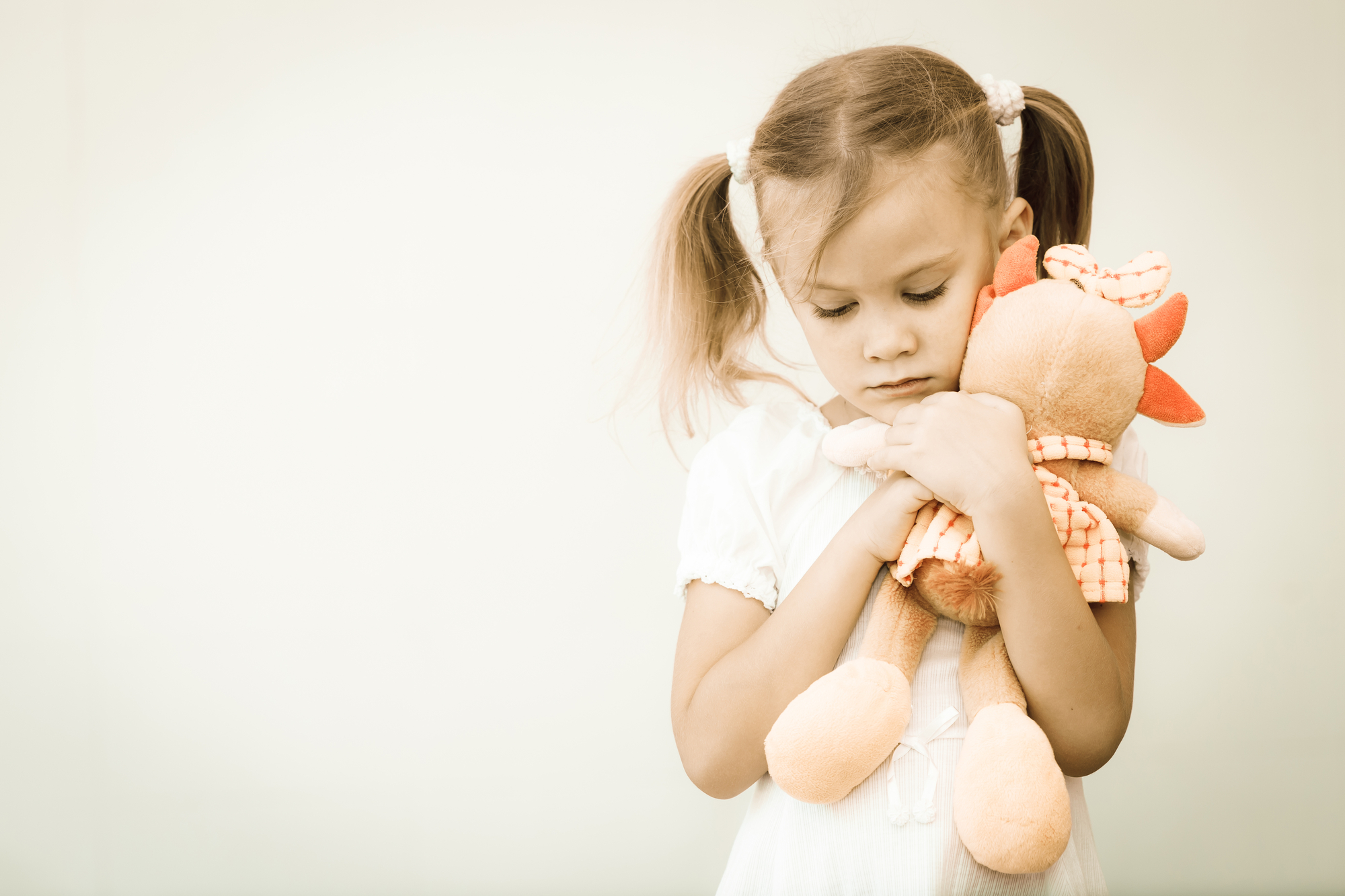Disappointment can be a difficult emotion to manage, especially for parents. Nobody likes to see their child hurt or upset, and it can be challenging to help them navigate this. However, this can be an excellent opportunity to teach them coping skills that will help them deal with disappointment throughout their lives. After all, it’s inevitable that they will experience it at some point.
The most important thing you can do is be present and validate their experiences. It can make us uncomfortable as parents to see our child distressed, and it can be tempting to dismiss their reactions, especially if the cause seems trivial. This must be avoided at all costs. It’s necessary to hold space for them to figure out their feelings, and to help them emotionally regulate. Actively listening and trying to understand what’s really going on is also helpful.
Like us, children sometimes struggle to identify the exact cause of their stress. For instance, they may be upset about missing an event like a party. Is it the people? The activities? Being able to talk to their friends about it afterwards? Pinpointing the precise reason for disappointment can help you address it. “I’m sorry you can’t join your friends for the party. I know that must be tough for you.” Disappointment about seemingly small incidents can also be a way to process bigger feelings and concerns. In this case, maybe feeling left out, or struggling to make friends at school.
Self-compassion is an excellent tool, and teaching this will help children manage their emotions in a healthy way, as well as building resilience and confidence. It is positive if parents model this, not just to help children learn, but also to experience the benefits themselves. Parenting is hard work and practicing self-compassion will help you to stay mindful during tough moments and give yourself grace if you make mistakes. After all, no-one is perfect.
Attribution Details:
Renee Rosales M.Ed
Founder/CEO
Theara
Renee is an advocate, an innovator, and an educator. Since founding two successful virtual schools in Arizona, she has continued to develop her commitment to education, inclusivity, and diversity with Theara, an organization which supports neurodiverse people from infancy to graduation and beyond. Theara is the integration of Renee’s passion for wellness, education, and neurodiversity.









